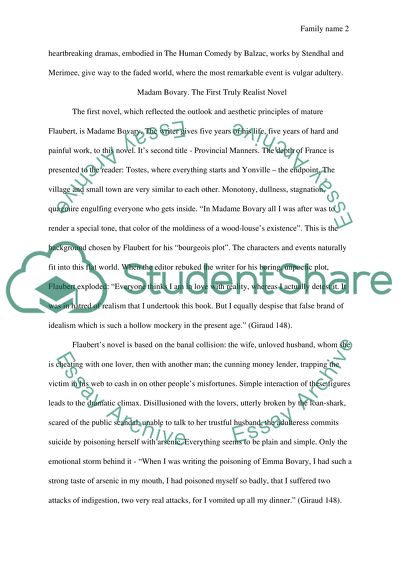Cite this document
(“Gustave Flauberts Madame Bovary Essay Example | Topics and Well Written Essays - 1500 words”, n.d.)
Retrieved from https://studentshare.org/literature/1640817-gustave-flauberts-madame-bovary
Retrieved from https://studentshare.org/literature/1640817-gustave-flauberts-madame-bovary
(Gustave Flauberts Madame Bovary Essay Example | Topics and Well Written Essays - 1500 Words)
https://studentshare.org/literature/1640817-gustave-flauberts-madame-bovary.
https://studentshare.org/literature/1640817-gustave-flauberts-madame-bovary.
“Gustave Flauberts Madame Bovary Essay Example | Topics and Well Written Essays - 1500 Words”, n.d. https://studentshare.org/literature/1640817-gustave-flauberts-madame-bovary.


